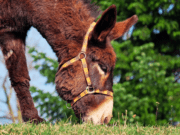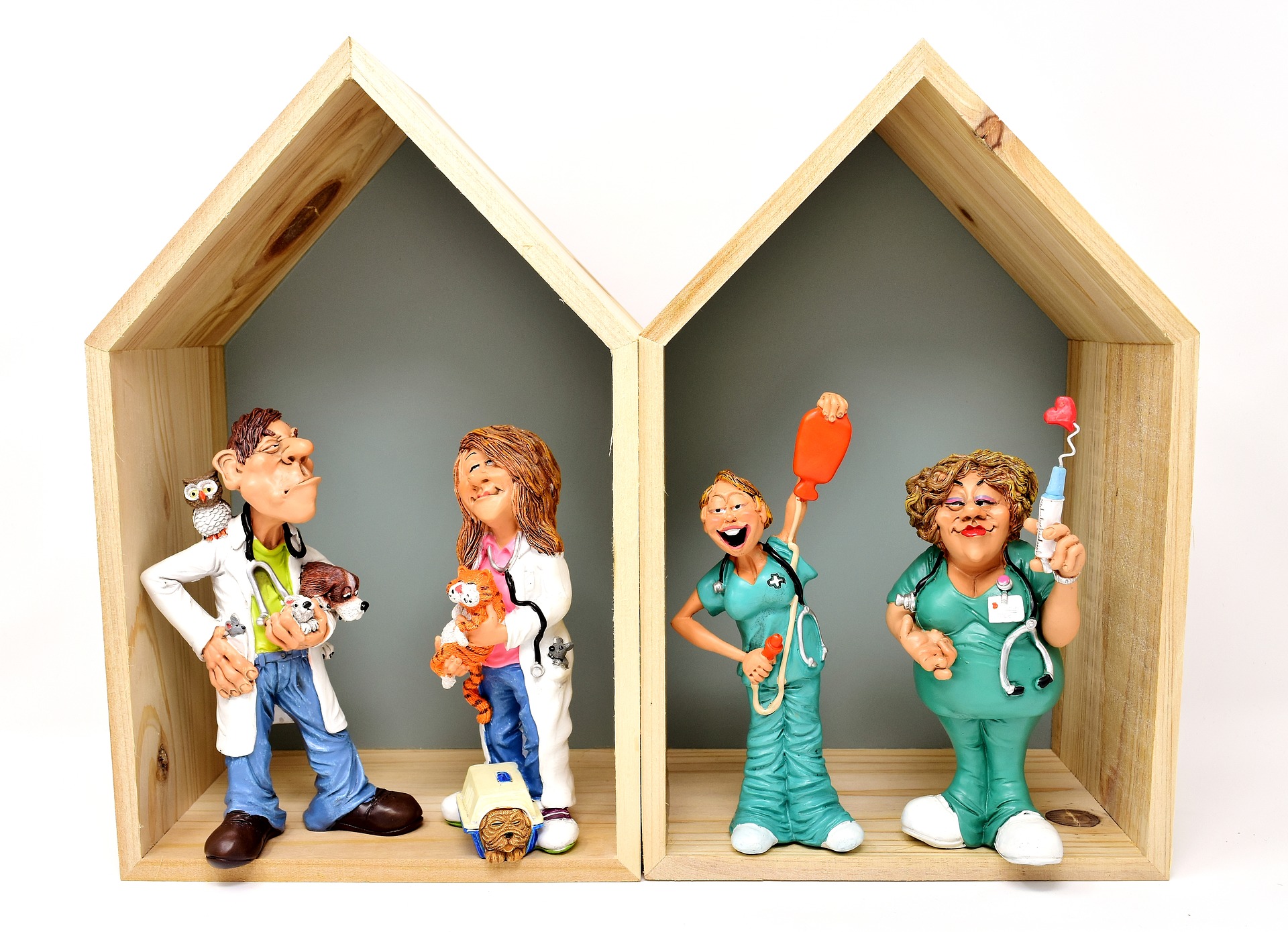Do you intend on getting a dog for a pet, did you just buy a new dog for a pet, or did someone gift you a dog ………….? This is free professional advice for you!
This article will help you get answers to most of your questions covering the anxiety, naming, things you have to get for your pet, and many more.
WHAT YOU HAVE TO KNOW AND DO BEFORE CHOOSING A DOG FOR A PET
1. Know yourself and be sure you are ready for a new family member
In many states, it is allowed to have a dog as a family member or to even add the family surnames to the name of your pet. This tells more about how pets are considered separate individuals with personality traits. Different breeds of dogs have different traits with slight deviations among individual dogs of the same breed. This is one of the most important things that are often overlooked. However, you must know the following about yourself before making a decision on which type or breed of dog or pet best fits you or your family.
Your personality type:
Mismatched personality and dog traits usually lead to what may be considered behavior problems especially when the dogs grow. The danger is that if you choose a dog with traits that most likely would make your dog assume the position of the leader of the park because your personality type has fewer leadership tendencies then, it will be difficult to control your dog when the dog grows.
- The way around personality and dog trait mismatch is to let a dog trainer or psychologist teach your dog to obey their commands by obeying your commands in extension. This means that your dog trainers first assume the position of leader of the pack and then issue instructions for the dog who is lower in the rank to obey. When your dog comes home and you issue the same command, the reference is made to the trainer psychologically before obeying the command. You could also hire a caregiver with such qualities.
The space available to you and your new pet:
In choosing the type of dog, you need to consider the size of the dog, the space the dog is most likely going to require to be comfortable. For example, if all you have is a small space and you go in for a breed like the Doberman that likes to ran and jump around such that he\she cannot exhibit the natural behavioral traits, they become stressed up which eventually lead to other problems both medical and behavioral.
Have a budget:
Before you choose a dog, you need to know that you are bringing a new member to the family, and just like you would do to your child, you would spend money on your dog which varies depending on the state you are in. You, therefore, need to be sure you can adequately take good care of the dog before you choose the type of dog. Your budget may even guide you in choosing the type or breed of dog. for example, exotic breeds of dogs are more expensive to keep because they are not natives of your current environment and would have to adapt to the physical and environmental challenges of your vicinity.
Lifestyle:
Do you have the time required to nurse a baby? How many hours do you spend at home? Do you have other human family members at home who would take care of your dog in your absence? What is the nature of your job, do you spend more time traveling around the world? these are a few questions you have to ask yourself before choosing your dog. Your answers to the questions above will lead you in the direction of which dog type fits your lifestyle.
What plans do you have for your new dog?
Different people keep dogs for different reasons. While most prefer to keep dogs as companion animals in Europe and the United States, some prefer to keep dogs for security especially in neighborhoods that have problems with theft
2. Do your research to know what type of traits/breed fits your personality type and needs. 
Reading materials relating to dogs and how to take care of puppies or new dogs whether rescued or from a dog shelter is very relevant in succeeding as a new dog owner. you can also find what breed of dog best serves your purpose, whether you prefer a male or female, the appropriate age of the dog that can perfectly serve your purpose. You can choose the name even before you bring your new dog home. Your research will also help you generate questions for your veterinarian when you go and meet him as well as aid your understanding of the subject matter when discussing your new pet with your veterinarian
3. Get a veterinarian you can trust
In many instances, people acquire their new pets before talking to their Veterinarian. However, there is a more excellent way which is to talk to a veterinarian you can trust before acquiring your new pet. This is because your Veterinarian has worked with animals for a long is going to serve as a more reliable second opinion on what breed or type best fits your personality, lifestyle, and budget. Also, your Veterinarian can help you understand anything you read during your research that you did not understand properly. most importantly, your veterinarian can help you with presale or repurchase examination where the new dog will be checked to ensure it has the necessary features, vaccinations, and good health. Your Veterinarian is trained, certified, and most likely link to a veterinary hospital with the facilities to perform all the required tests to ensure your new dog is safe and your family is also safe. It is actually easier getting in touch with your Veterinary team through telehealth, just follow this link to learn about telehealth.
Puppies can also transmit rabies in rabies endemic countries so make sure you talk to a trusted Veterinary Doctor.
4 Get to understand your dog has the legal rights

Dogs like other domesticated animals have 5 basic freedoms that they are supposed to enjoy. The 5 freedoms are:
- freedom to exhibit natural behavior
- freedom from pain, injury, and disease
- freedom from discomfort
- freedom from hunger and thirst
- freedom from fear and distress
the aforementioned freedoms ensure the animals including your new dog are well taken care of. (Animal welfare). You have to be prepared to be a responsible pet owner, to ensure your pet is well taken care of while also not inconveniencing your neighbors by picking after your dogs during walks.
5. Prepare your home to welcome a new family member.
Hurray!! , a new pet is getting ready to come home. this is the time to inform your family you are getting a new family member, get a good place for your new dog to sleep, if you want to keep him indoors, you could get sleeping mats, collar, leash, eating and drinking bowls. If your new dog will not be sleeping indoors, you have to get a cage or kennel that is well designed for the mature size of the dog and provide other enrichments.
6. Know and repeat the routine your new dog was on in the previous home for a minimum of 7 days and a maximum of 14 days.
the process of changing the environment, ownership, and the people around them is a very stressful one for your dog. change in feed and other routines even make the stressful situation even worse. For the purpose of reducing stress in the new dog as much as possible, maintain the feed your dog was on before you got him for a minimum of seven days while you gradually change to the feed recommended by your Veterinarian. Your ability to repeat the previous routine tells your new dog you are as good as the previous owner and this helps your new dog to bond faster with you after which you can begin your retraining process. this makes it easier since you would have assumed the position of the leader of the park before the retraining starts.
7. Feeding your dog right !!!!
Feeding your dog the right way entails knowing the various feed compositions on the market, the age, and the environmental conditions in the state you are in. Different dogs do better on different nutritional compositions and this is also age-dependent. there is feed for puppies and feed for adult dogs.
talk to your local Veterinarian/Nutritionist and discuss which feed will be best for the age, state of your dog.
Reference
https://www.sciencedirect.com/
https://veterinarypartner.vin.com/
POINT TO NOTE: ALWAYS TALK TO YOUR VET


































